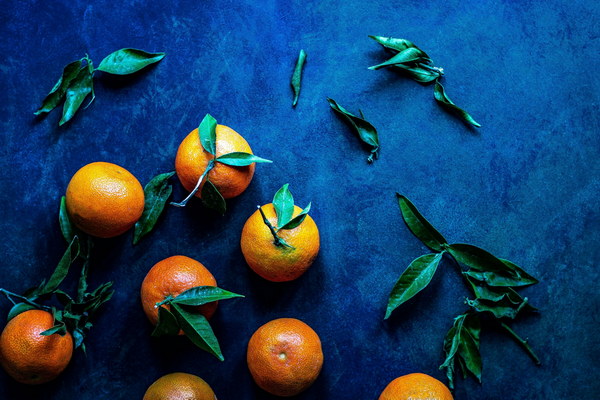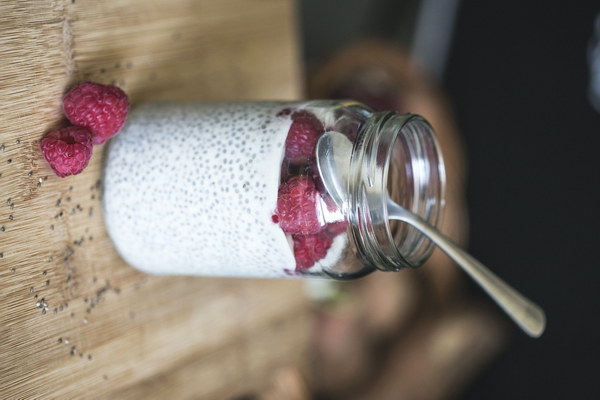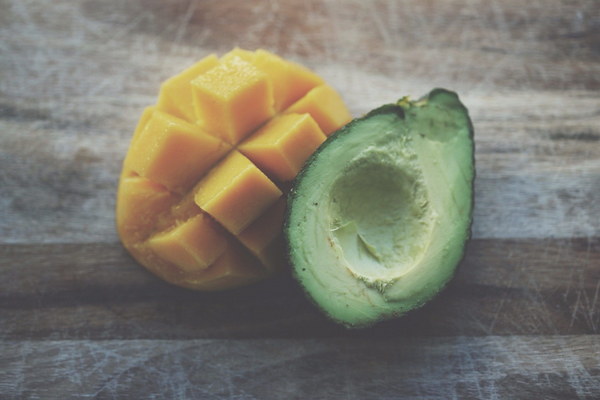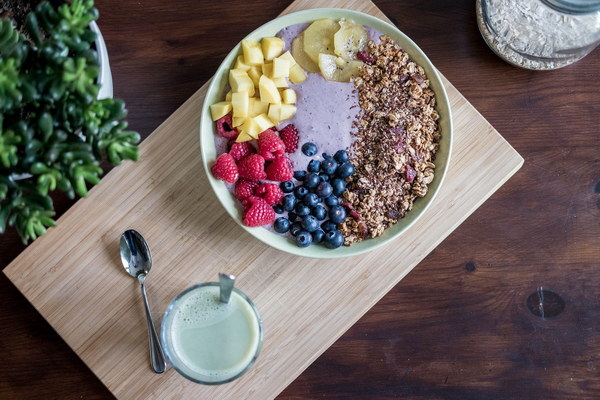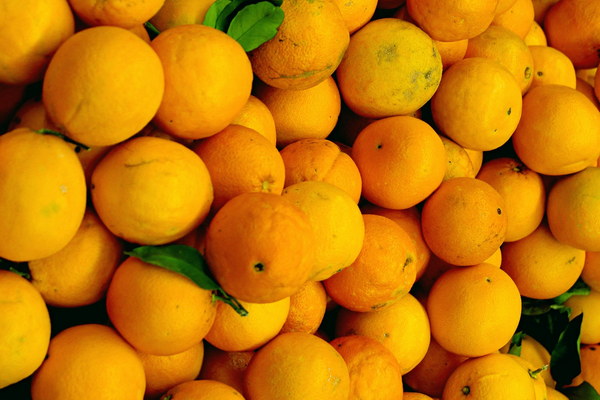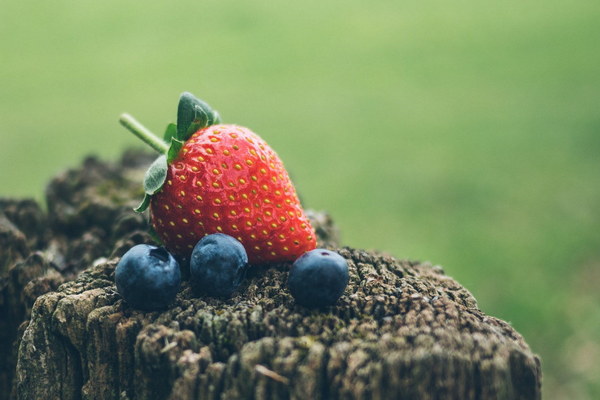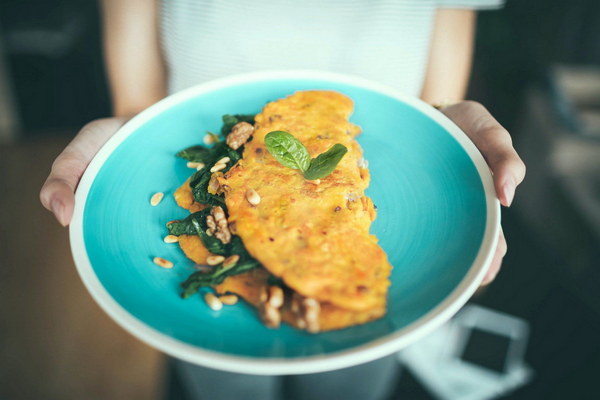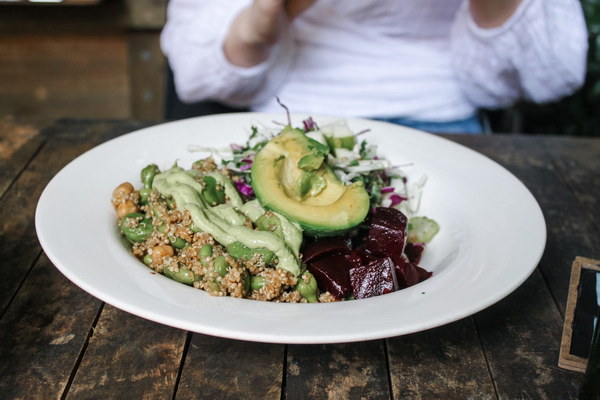Dietary Recommendations for Gallbladder Stone Patients A Comprehensive Guide
Gallstones, hard deposits that form in the gallbladder, can be quite painful and often require medical intervention. However, certain dietary adjustments can help alleviate symptoms and prevent the recurrence of gallstones. In this article, we will explore the various dietary recommendations for gallbladder stone patients, offering a comprehensive guide to maintaining a healthy lifestyle.
1. Increase Fiber Intake
A high-fiber diet is beneficial for gallbladder stone patients as it helps in reducing cholesterol levels and preventing gallstones from forming. Foods rich in fiber include fruits, vegetables, whole grains, legumes, and nuts. Aim to consume at least 25-30 grams of fiber per day.
2. Avoid High-Fat Foods
High-fat meals can stimulate the gallbladder to contract, which may cause pain and discomfort in gallbladder stone patients. It is advisable to limit the intake of fried foods, creamy sauces, and high-fat dairy products. Instead, opt for lean proteins, low-fat dairy, and plant-based fats.
3. Drink plenty of Water
Staying hydrated is essential for gallbladder stone patients. Drinking plenty of water helps in diluting bile and flushing out gallstones. Aim to drink at least 8-10 glasses of water per day.

4. Incorporate Good Fats
While it is important to avoid high-fat foods, certain healthy fats can benefit gallbladder stone patients. Monounsaturated and polyunsaturated fats, found in foods like olive oil, avocados, and nuts, can help reduce cholesterol levels and improve gallbladder function.
5. Limit Cholesterol Intake
High cholesterol levels can contribute to the formation of gallstones. To reduce cholesterol intake, avoid foods high in saturated fats, such as red meat, full-fat dairy products, and baked goods. Instead, opt for cholesterol-free sources of protein, like fish, poultry, and legumes.
6. Eat Small, Frequent Meals
Eating small, frequent meals throughout the day can help prevent gallbladder pain and reduce the risk of gallstones. This approach allows for better digestion and reduces the workload on the gallbladder.
7. Include Plant-Based Compounds
Certain plant-based compounds, such as silymarin (found in milk thistle) and ursodeoxycholic acid (UDCA), have been shown to help dissolve gallstones and improve gallbladder function. Incorporate these compounds into your diet through supplements or natural sources like artichokes, turmeric, and green tea.
8. Avoid Refined Carbohydrates
Refined carbohydrates, such as white bread, pasta, and sugary snacks, can contribute to inflammation and weight gain, both of which can exacerbate gallbladder symptoms. Limit the intake of these foods and opt for whole grains instead.
9. Consider a Low-Carb Diet
Some gallbladder stone patients may find relief by following a low-carb diet. This diet focuses on reducing carbohydrate intake and increasing the consumption of proteins and healthy fats. However, it is essential to consult with a healthcare professional before making any significant dietary changes.
10. Stay Active
Regular physical activity is beneficial for gallbladder stone patients as it can help in weight management, improve digestion, and reduce the risk of gallstones. Aim for at least 150 minutes of moderate-intensity aerobic exercise per week, along with muscle-strengthening activities.
In conclusion, dietary adjustments play a crucial role in managing gallbladder stone symptoms and preventing recurrence. By incorporating these recommendations into your daily routine, you can promote better gallbladder health and improve your overall well-being. Remember to consult with a healthcare professional before making any significant dietary changes or starting a new treatment plan.
